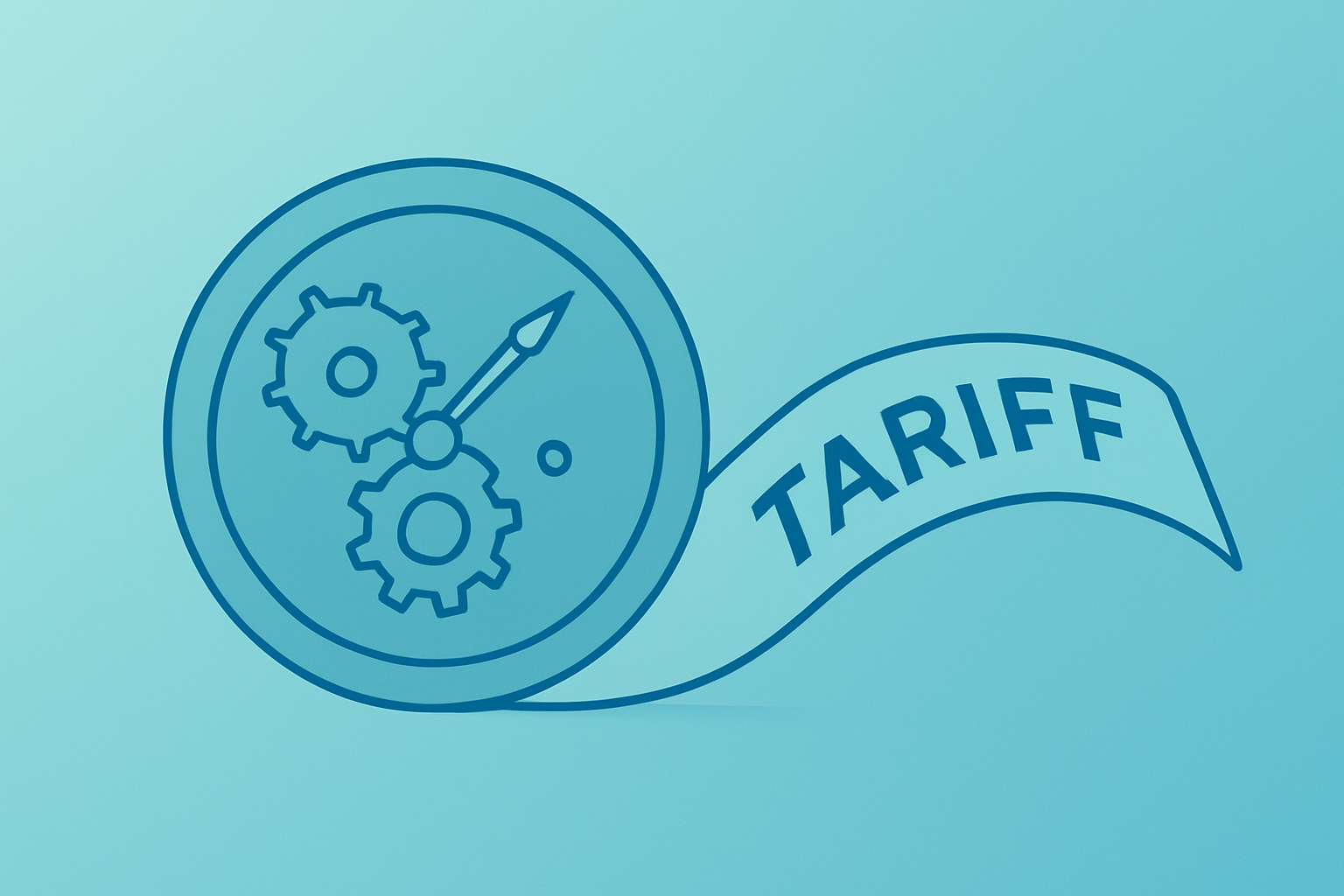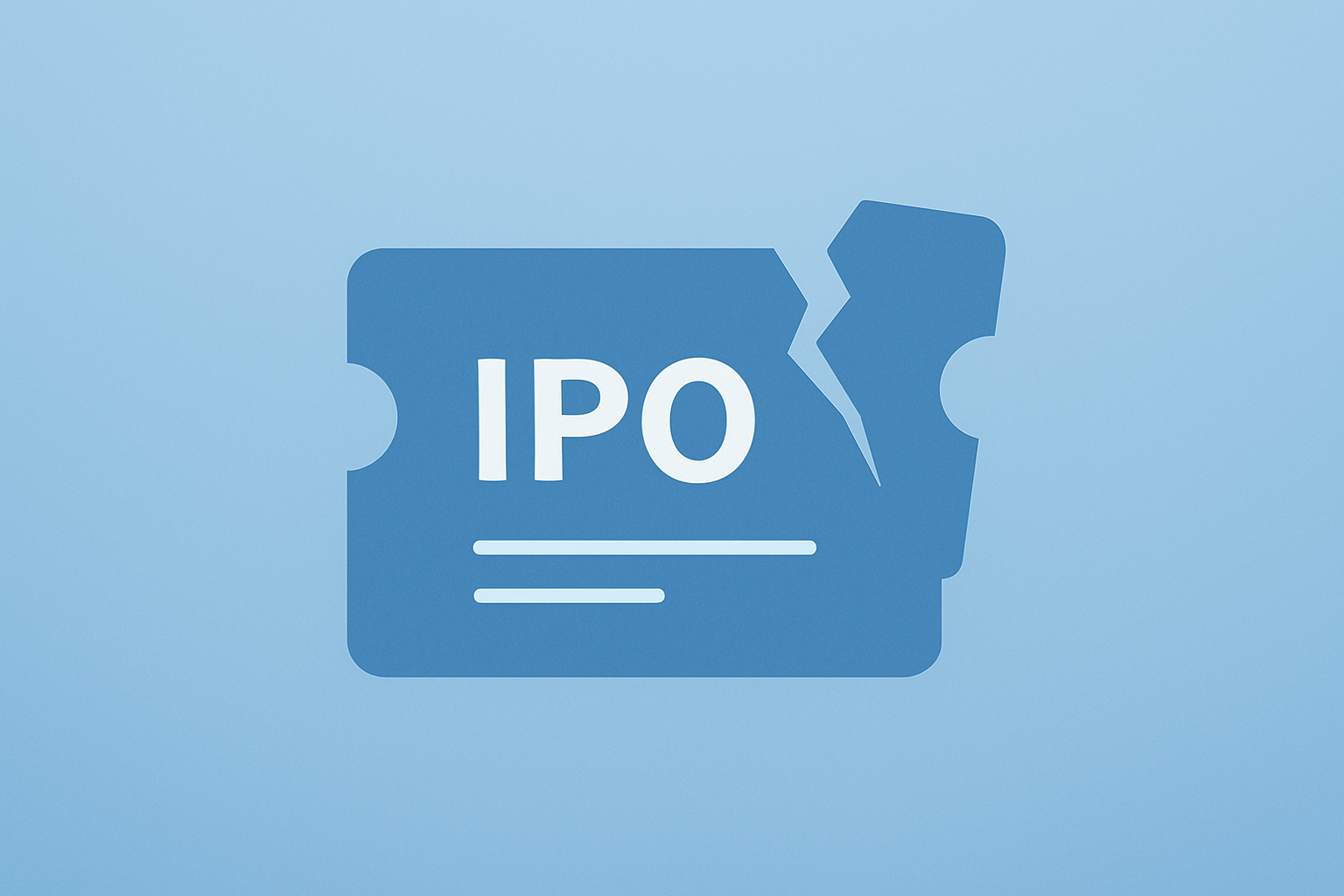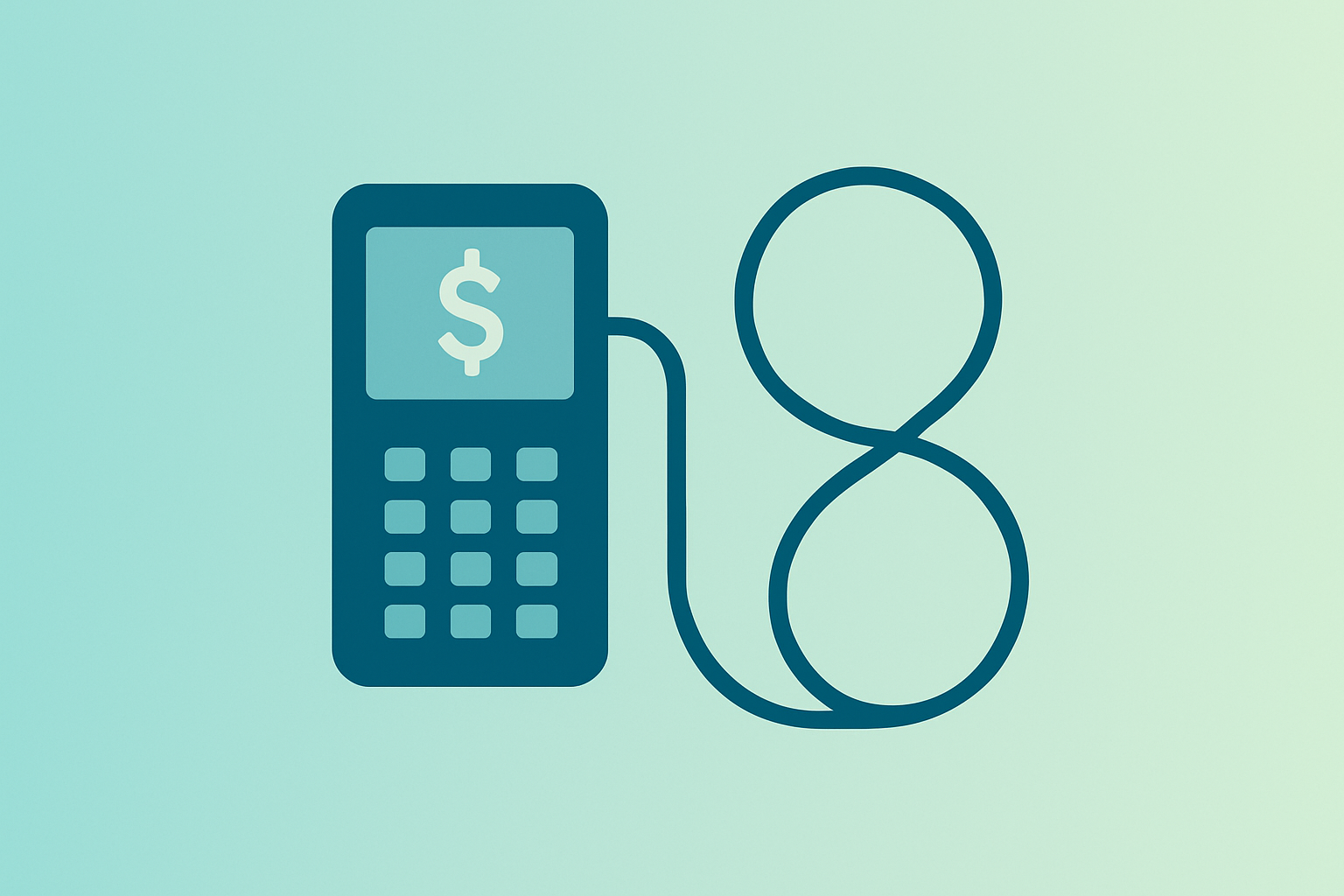SoFi Crypto Debuts at Nationally Chartered Bank
SoFi Crypto makes SoFi the first nationally chartered bank to offer retail crypto trading inside an FDIC-linked app, shifting fintech and exchange flows.

KEY TAKEAWAYS
- SoFi launched SoFi Crypto as the first nationally chartered U.S. bank offering retail crypto trading and custody.
- Platform links crypto trades to FDIC-insured deposits while crypto holdings lack FDIC or SIPC insurance.
- The phased rollout targets SoFi's 12.6 million customers by year-end 2025.
HIGH POTENTIAL TRADES SENT DIRECTLY TO YOUR INBOX
Add your email to receive our free daily newsletter. No spam, unsubscribe anytime.
SoFi Technologies (NASDAQ: SOFI) launched SoFi Crypto on Nov. 11, 2025, becoming the first nationally chartered U.S. bank to let retail customers buy, sell, and hold cryptocurrencies within a single FDIC-linked banking app. The move positions SoFi to expand blockchain integration into lending and payments.
Platform Launch and Customer Access
SoFi Crypto allows retail customers to trade and hold dozens of cryptocurrencies, including Bitcoin, Ethereum, and Solana, directly through the SoFi mobile and web platforms. This launch marks a significant step in SoFi crypto trading by embedding digital assets within an integrated banking environment.
The platform offers in-app trading and custody for multiple tokens within the same account interface used for checking, savings, and other SoFi financial products. It links crypto transactions to FDIC-insured deposits, enabling instant purchases funded from insured cash balances and unified portfolio management. SoFi plans a phased rollout, expanding access to its full retail base of 12.6 million customers by the end of 2025.
SoFi Crypto features institutional-grade security, compliance with U.S. banking regulations, and educational resources designed to onboard new crypto users through familiar banking workflows. The company presents the service as a regulated, bank-grade alternative to non-bank crypto exchanges, combining trading, custody, and traditional banking in one platform.
Regulatory Framework and Strategic Outlook
SoFi is the first and only nationally chartered U.S. bank to offer direct consumer crypto trading and custody under full federal banking oversight. The launch follows a May 2025 interpretive letter from the Office of the Comptroller of the Currency (OCC) and clarifications from the Federal Deposit Insurance Corporation (FDIC) that permit nationally chartered banks to provide crypto custody, trading, and settlement services. These regulatory developments underpin SoFi’s claim of pioneering bank crypto custody.
The platform is subject to the same capital, compliance, and supervisory standards as SoFi’s other banking services. However, crypto assets held on the platform are not insured by the FDIC or the Securities Investor Protection Corporation (SIPC); only cash balances in SoFi checking and savings accounts retain FDIC coverage. Customers must consider this protection gap while benefiting from integrated account management.
SoFi also announced plans to develop a U.S. dollar–pegged stablecoin and explore blockchain integration across lending, payments, and remittance services. These initiatives form part of a broader digital-asset roadmap but currently lack detailed public timelines or regulatory filings.
Anthony Noto, SoFi’s chief executive, described the launch as a moment when “banking meets crypto in one app, on a trusted platform, and driven by our core mission to help our members get their money right,” emphasizing consumer trust and regulatory compliance.
Industry Impact and Competitive Landscape
SoFi’s launch sets a precedent by offering retail crypto services under federal banking standards through a nationally chartered bank. This status may become a competitive advantage, especially for retail customers seeking a single provider for deposits, credit, and digital-asset exposure. The integrated product could pressure non-bank crypto exchanges and fintech competitors that require customers to move funds between platforms.
At the same time, the absence of deposit-style insurance on crypto holdings maintains a clear legal and risk distinction between digital-asset custody and traditional bank deposits. This boundary will influence consumer decisions and regulatory scrutiny as banks expand crypto offerings.
What to Watch
Key indicators to monitor include the completion of the phased rollout and customer adoption rates, public disclosures such as SEC filings or regulatory notices clarifying custody arrangements and compliance controls, and the publication of fee schedules and details on market-making or liquidity providers. Progress on the planned stablecoin, including regulatory approvals and governance design, will also be critical. Additionally, any supervisory commentary from the OCC or FDIC referencing SoFi’s crypto services will provide insight into regulatory expectations.
SoFi Crypto’s debut represents a regulatory and product milestone. Combining national bank supervision with retail crypto access could broaden mainstream participation in digital assets, but the limits on insurance and disclosure mean customers and regulators will closely watch the rollout’s implementation.





